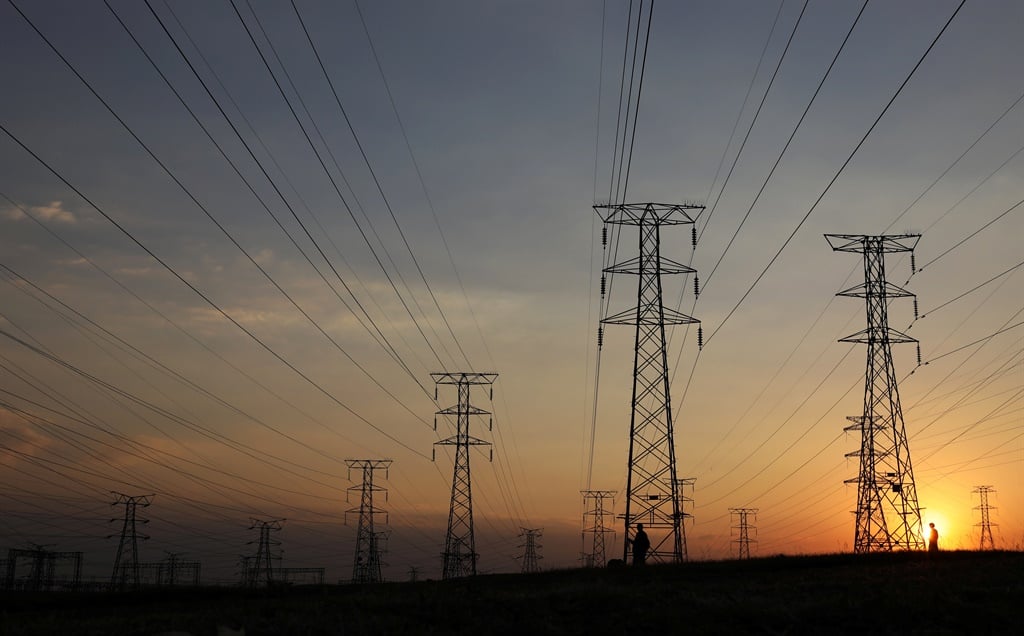
- Eskom executive Prishotham Govender unpacked the events behind Trillian Capital receiving payments from Eskom despite no longer being deemed a subcontractor of McKinsey.
- Trillian was paid R30.6 million by Eskom without having a valid contract with the power utility.
- Govender was also quizzed about why Treasury had not signed off on a deviation.
Former Eskom executive Prishotham Govender on Monday told the State Capture Inquiry about the course of events that led to Gupta-linked company Trillian Capital receiving payments from the power utility without a valid contract in place.
Trillian received payments after it was no longer deemed a subcontractor of consulting firm McKinsey, the commission heard.
Eskom paid R1.6 billion to Regiments Capital and McKinsey for consultancy work, according to earlier evidence. Having been brought into the Eskom fold as a subcontractor for McKinsey, Trillian was paid R30.6 million by Eskom.
Testifying before the commission on Monday, Govender was quizzed about why Treasury had not signed off on a contract deviation, as well as the signing of Trillian's letter of termination before the board could approve.
He was also asked why Eskom paid large sums to Trillian at a time when the latter had no contracts in place with McKinsey and was not providing any direct services to the power utility.
Deviations
According to Govender, Eskom was introduced to Trillian by McKinsey, through the former's director Eric Wood, as well as Trillian employee-turned-whistleblower Mosilo Mothepu. The understanding was that the company would serve as a subcontractor."At the time McKinsey introduced Mr Wood and Ms Mothepo because McKinsey used, at the time, Regiments, which was where they initially came from. McKinsey explained to us as the negotiating team that a company named Trillian would be formed and would become McKinsey's sub-contractor," said Govender.
The commission's questions to Govender shifted towards how consistent Eskom's business with Trillian was with National Treasury procurement guidelines. This included specific regulations around applying for deviations.
Evidence leader Advocate Pule Seleka asked Govender: "Do you recall the directive that deviations must be obtained on a fees basis and not on a risk basis contract?" Seleka also put it to Govender that Eskom's contract deviation did not get approval from National Treasury and Govender acknowledged this.
But according to Govender, certain regulations were not adhered to at the time because there was a shift in organisational structure at Eskom.
"A formal deviation approval was not acquired by Treasury. When we were going through these processes in late 2015, there was an organisational change. Group commercial and technical split and commercial fell under a procurement officer and technical went under generation with [then head of generation Matshela] Koko," Govender replied.
Terminating Trillian
Seleka also asked Govender about the signing of the termination letter related to Trillian's work for Eskom on 16 June 2016, before the board could approve.
Seleka said according to earlier evidence, Govender and then-Eskom CFO Anoj Singh gave confirmation.
"I don't recall being at the board when this was terminated," said Govender, adding that the commission should "seek more clarity".
Peculiar payments
Seleka asked about Eskom's payments for Master Services Agreement to Trillian. This was despite McKinsey saying it never concluded its contract with Trillian."Why did Eskom make payments with Trillian when it had no contracts with McKinsey, Eskom or any direct services to Eskom?" Seleka asked.
"Eskom got a letter from McKinsey in the end of March about why they could not proceed with Trillian as a sub-contractor. But what was in that letter did not explain fully the conduct of Trillian," said Govender.
"Right up to August they continued at the [steering] committee and through the process - McKinsey presented work and so did Trillian. McKinsey continued to work alongside Trillian and because of that, both of them got compensated for their work up until the August steering committee.
Seleka said evidence before the committee suggested that Eskom could have got rid of Trillian without losing much, because it could continue with McKinsey with no further obligation to Trillian.
Govender told the commission that international management consulting firm Oliver Wyman raised these issues in a draft report on the matter and that these should have been followed up internally.
"They knew that we were putting in a settlement agreement with McKinsey. I asked them to look at some principles that we needed to incorporate into this from a technical perspective.
"Oliver Wyman raised the issue but if that was the case, it would have been caught, to say we did not have to pay them anything," he said.
Govender is due to continue giving evidence to the commission later this week.
